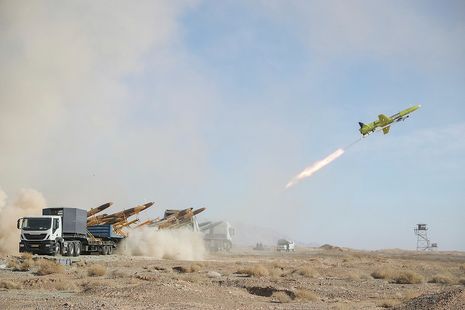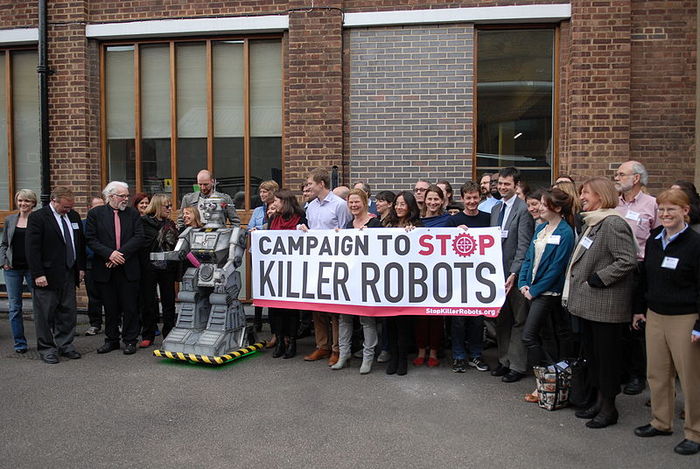Cambridge implicated in Iran’s development of ‘suicide drones’
Researchers from Cambridge departments collaborated with a university in Tehran on research with potential military applications

Cambridge academics have been helping Iran develop “suicide drones”, a recent investigation has found.
The Jewish Chronicle’s investigation claims that “at least 11 British universities, including Cambridge and Imperial College London” are implicated in the British-Iranian research programme, with university researchers “producing at least 16 studies with potential Iranian military applications.”
The findings of one of these studies, which concerned graphene and superconductors, have applications ranging from “next-generation wireless communications” to “security”, The Jewish Chronicle claims.
This study was co-authored by a team of 11 researchers, eight of whom work at either the University of Cambridge’s Engineering Department or its Cavendish Laboratory. One of the co-authors works at Shahid Beheshti University, in Tehran.
Shahid Beheshti University has been on the UK Government’s sanctions list since 2011, for carrying out “scientific research in relation to Iran’s proliferation-sensitive nuclear activities”. These sanctions prohibit British citizens or institutions from transferring any technology with potential military applications to any person or institution connected to Iran.
The newfound links to British universities have led many, including former Conservative cabinet minister David Davis, as well as Shadow Foreign Secretary David Lammy, to urge the government to investigate this potential breach of sanctions, and to enforce the sanctions where necessary. Under British law, breaching these sanctions is punishable by up to seven years in prison.
The University of Cambridge is not the only British institution found to have been passing research with military applications to Iranian institutions. The Jewish Chronicle’s investigation found that UK scientists have also collaborated with Iran on research concerning unmanned aerial vehicles, special alloys for military aircraft, and “blocking electronic eavesdroppers”.
Farzin Nadimi, an expert on Iran’s military at the Washington Institute, said that “almost all” of the universities implicated in the study “have signed contracts with the IRGC or the Ministry of Defence for military-related research.”
The University of Cambridge, as well as the Cambridge researchers who worked on the article mentioned above, have been approached for comment.
 News / CUP announces funding scheme for under-represented academics19 December 2025
News / CUP announces funding scheme for under-represented academics19 December 2025 News / SU reluctantly registers controversial women’s soc18 December 2025
News / SU reluctantly registers controversial women’s soc18 December 2025 News / Cambridge welcomes UK rejoining the Erasmus scheme20 December 2025
News / Cambridge welcomes UK rejoining the Erasmus scheme20 December 2025 Features / Should I stay or should I go? Cambridge students and alumni reflect on how their memories stay with them15 December 2025
Features / Should I stay or should I go? Cambridge students and alumni reflect on how their memories stay with them15 December 2025 Film & TV / Timothée Chalamet and the era-fication of film marketing21 December 2025
Film & TV / Timothée Chalamet and the era-fication of film marketing21 December 2025










